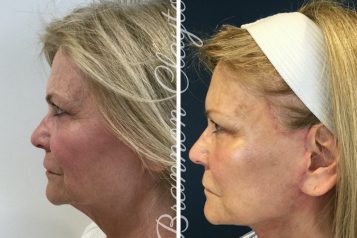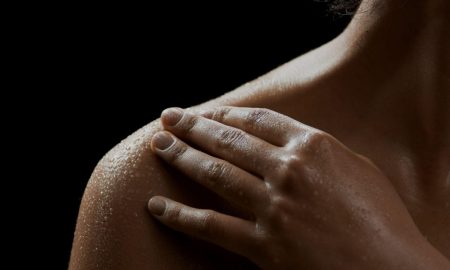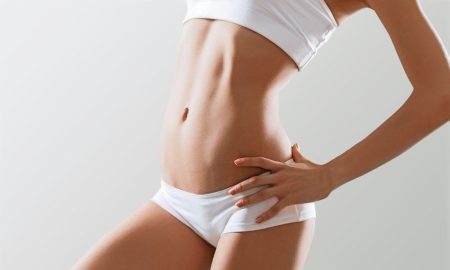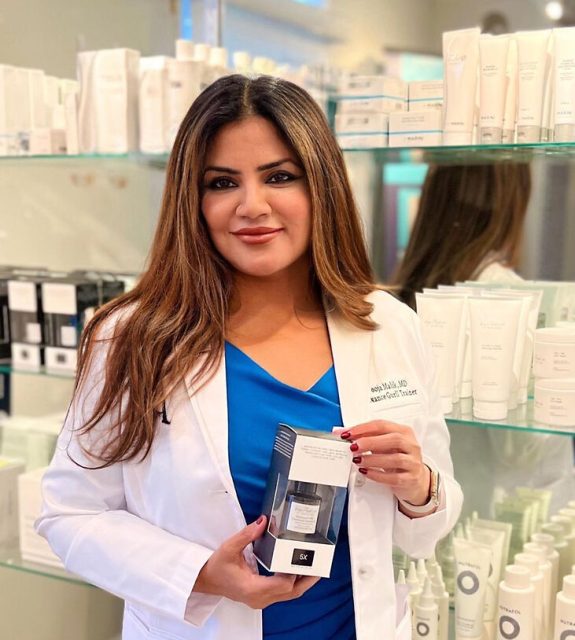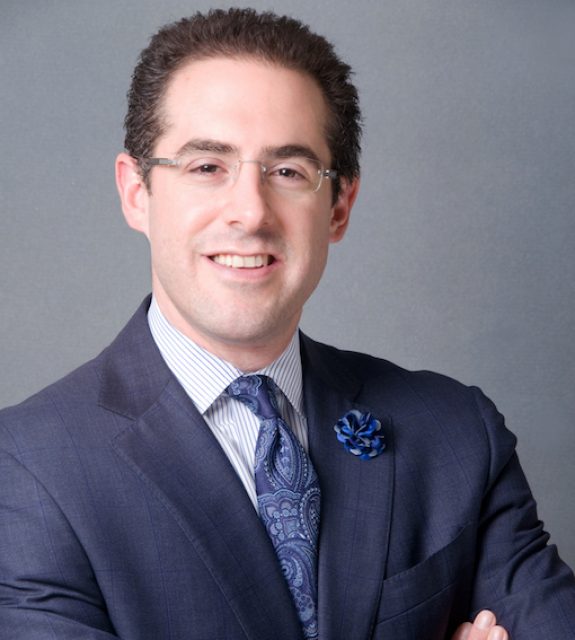Haute Beauty Experts share helpful and informative tips for a faster post-op recovery after cosmetic surgery. Here's what they had to say:
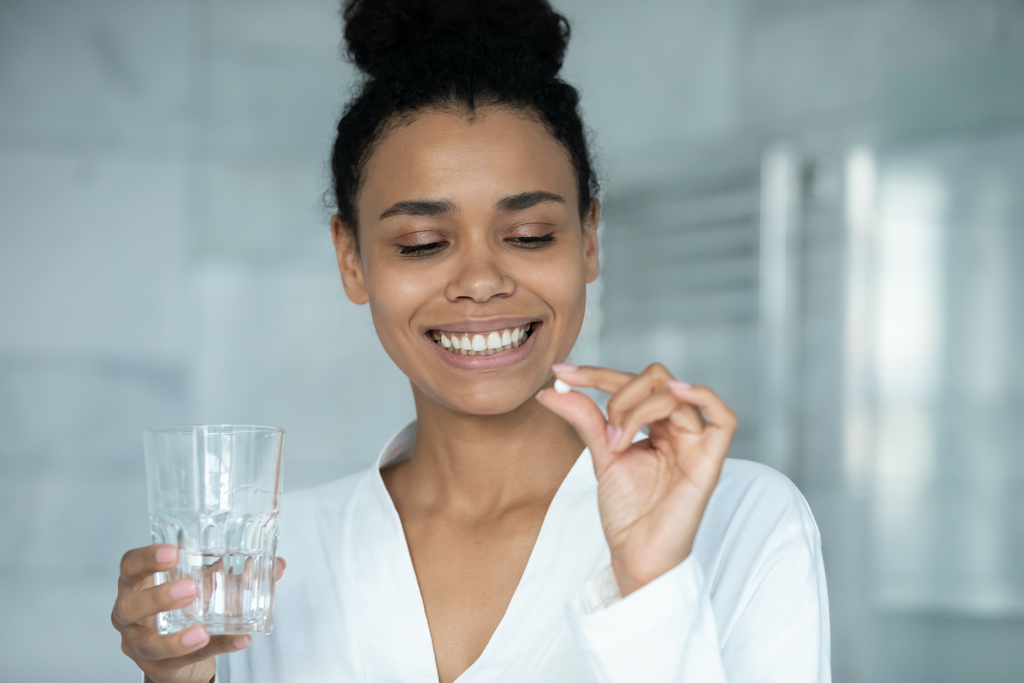
Photo Credit: ShutterstockDr. Kelly Sullivan | Body & Breast Expert | DMV
For faster post-op recovery we recommend that patients go into surgery in the best possible physical and mental condition. Patients should be healthy and at a stable weight and should have been medically cleared by their primary physician. They should be having surgery because they are 100% excited to do it for themselves – not to fix a relationship or some other problem. About two weeks prior to surgery we recommend patients get rest, drink lots of water, take 1,000 mg of Vitamin C each day, avoid all nicotine exposure, and eat a diet high in protein. After surgery, it is most important that patients rest and allow their bodies to heal and follow the post-op instructions in order to minimize the risk of complications and maximize wound healing.
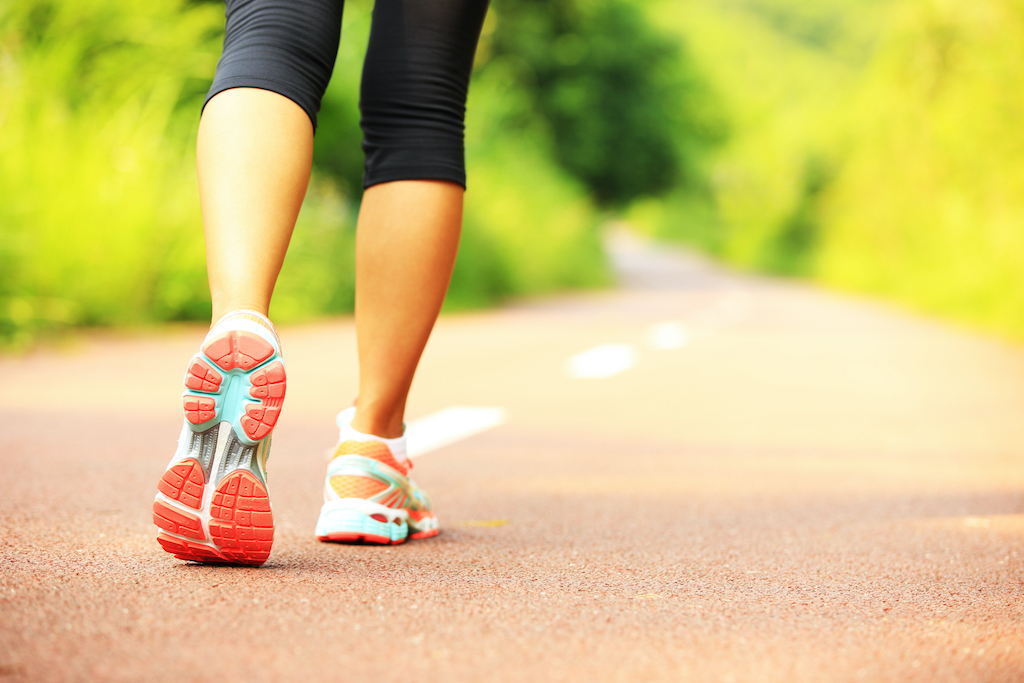
Photo Credit: ShutterstockDr. Richard Zienowicz | Body Expert | Boston/Providence
Within reason, patients who continue to ambulate frequently and rely less on narcotics recover best. About 2 years ago we instituted the ERAS protocol (Enhanced Recovery After Surgery) that was adopted by our specialty. It employs the use of PO Gabapentin, Meloxicam, Omeprazole, and Tylenol one hour before surgery. It has led to rapid discharge from PACU, less nausea, and pain. Earlier mobility is clearly a product of that regimen as well.

Photo Credit: ShutterstockDr. Terry E. Restivo | Face Expert | Hawaii
A fast post-op recovery starts with pre-op planning. I have a specific list of things for patients to avoid 10 days before surgery which include certain foods, vitamins, and over-the-counter medicines. My patients also begin taking some other nutritional supplements as well as homeopathic medicines at the same time. I advise that the home is set up prior to surgery, with all prescription medicines, delicious & nutritious foods, and items that make the patient comfortable.
After surgery, I recommend light activity which includes walking, showering, and sunshine if possible. Positive books or podcasts, which lift the spirit are incredibly important as feeling a little "down" right after surgery is not uncommon. My approach, which may be a little different, really focuses on the basics: Health and Happiness. Proper nutrition and a positive attitude go a long way in speeding up recovery.
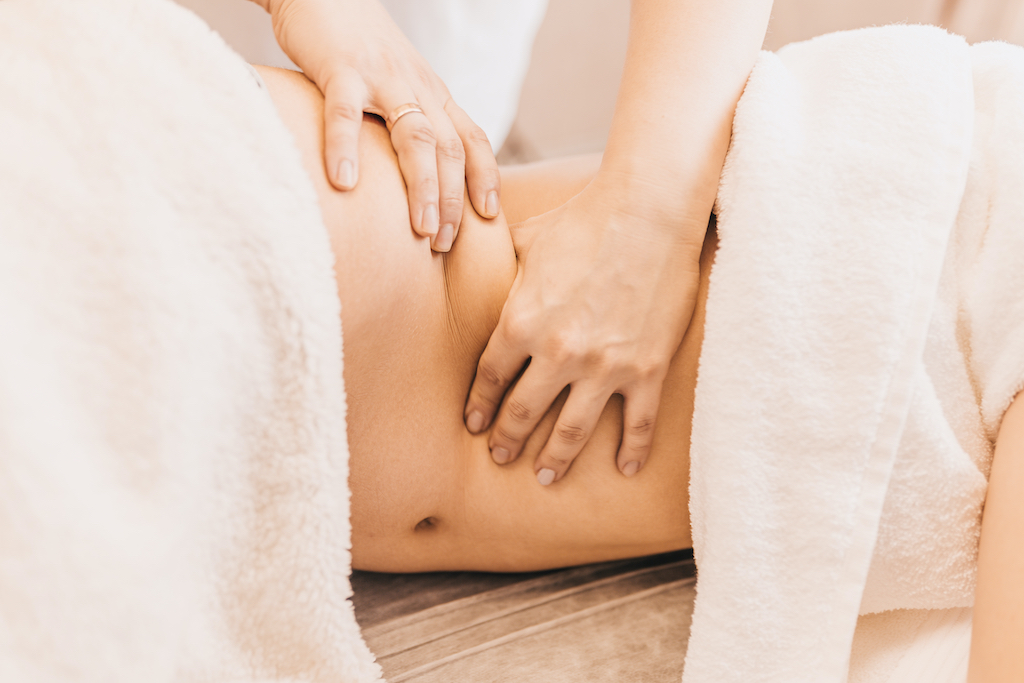
Photo Credit: ShutterstockDr. S. Alexander Earle | Body Expert | Miami/Fort Lauderdale
After plastic surgery precedes, you may notice hardness, water retention, swelling, hematoma, or lumpiness in the areas treated. This is normal right after your surgery. This post-surgical lymphedema is caused by inflammation and trauma. These fill up with fluid and the tissue around become swollen.
Manual Lymph Massage helps to move the fluid by gently pumping it back into the lymph vessels, reducing the swelling, retention of fluids, and pain after the surgery. Without Lymph Massage (MLD) the inflammation can evolve into fibrosis (a permanent hardening of the tissue) or a seroma (pocket of serum). I prescribe 10 to 20 Lymph Drainage massages after plastic surgery procedures to make sure patients get the best possible results from their procedure. It is very important to have these massages done by an experienced post-operative massage therapist.

Photo Credit: ShutterstockDr. Algie LaBrasca | Body Expert | Pennsylvania
In preparation for a tummy tuck, I have my patients set up a “home base” where they will recover. I recommend an extension cord with a power strip so they don’t have to climb behind the bed to plug in their phone, laptop, etc. I recommend they put fresh batteries in the remote, get extra pillows, towels, and blankets, and have them at arm’s reach. I also tell them to get some bottles of water and drink through a straw so they are less likely to spill on themselves in the first couple of days. They should also get a couple of healthy snacks at the bedside. The home base should be on the same floor as a bathroom, so they don’t have to climb stairs. If they follow these recommendations, they’re more likely to have an easier time.







